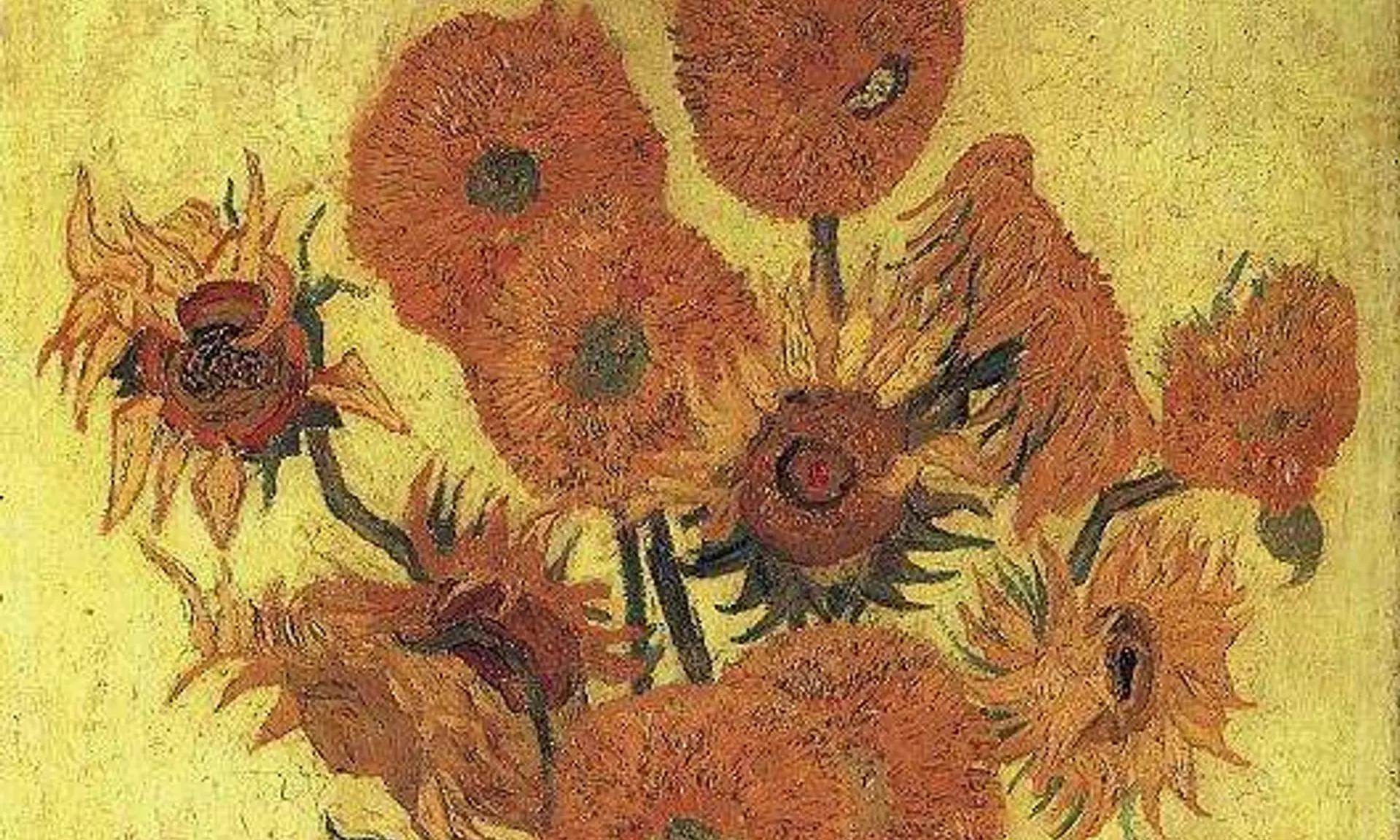Vincent van Gogh’s Sunflowers (December 1888-January 1889) Photo: Courtesy the Sompo Museum of Art, Tokyo
On 3 June, a US federal judge in Chicago rejected claims to Vincent van Gogh’s Sunflowers (1888-89), valued at $250m, brought by heirs of the German Jewish banker Paul von Mendelssohn-Bartholdy, who sold the painting in 1934—under duress by the Nazis, say his descendents. The court dismissed the case, as it has no jurisdiction over the Japanese holding company that owns the painting.
The plaintiffs—Julius H. Schoeps, Britt-Marie Enhoerning and Florence von Kesselstatt on behalf of more than 30 beneficiaries—filed their lawsuit in December 2022. They claim that the Japanese company Sompo Holdings, which bought the painting at a Christie’s auction in London in 1987 for a then-record £25m, has willfully ignored the work’s suspect provenance. Their suit asked for $750m in “punitive damages” and the right to reclaim the painting under the Holocaust Expropriated Art Recovery Act of 2016.
The suit was filed in Illinois, as Sunflowers had travelled to the Art Institute of Chicago (AIC) in 2001 for the exhibition Van Gogh and Gauguin: The Studio of the South. At the time the AIC was negotiating a loan of the painting with Sompo’s museum in Tokyo, a Japanese museum official wrote: “We are deeply concerned about our [Van] Gogh and Gauguin provenance. We think our two works have nothing to do with Nazi-looted art, but we are not 100% sure.”
This version of Sunflowers is one of three that Van Gogh painted in quick succession in 1888 and 1889. The first hangs in London’s National Gallery, where it came under soup attack in 2022. The second is owned by Sompo Holdings and is a crown jewel in the collection of the Sampo Museum of Art in Tokyo. The third is housed at the Van Gogh Museum in Amsterdam.
Paul von Mendelssohn-Bartholdy, a relative of the composer Felix Mendelssohn and an enthusiastic early collector of Van Gogh’s work in Germany, died in 1935 of natural causes. Although he was no doubt persecuted by the Nazis, losing his job and his bank as a result of the regime, it remains unclear whether Mendelssohn-Bartholdy was forced to sell Sunflowers and other works from his collection for a pittance—as many German Jewish collectors had been in the 1930s—as the sales records have been lost.
The Sunflowers case is the second Nazi-loot claim in less than a week that has been dismissed by a US court for lack of jurisdiction. On 29 May, an appeals court ruled that the Museum of Fine Arts, Houston, can keep Bernardo Bellotto’s The Marketplace at Pirna (around 1764), which was supposed to have been restituted at the end of the Second World War but a Dutch government foundation accidentally sent the wrong painting. The court upheld a 2022 ruling that a restitution mistake in the Netherlands in the 1940s was outside of the US court system’s purview.

